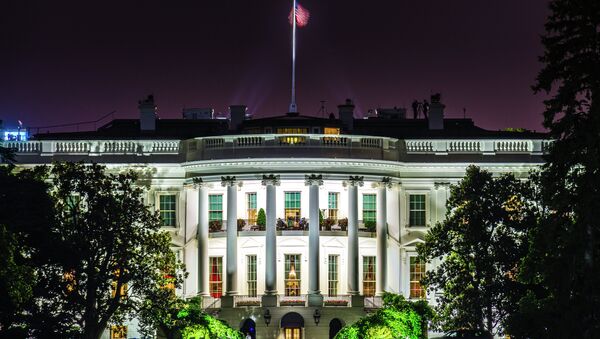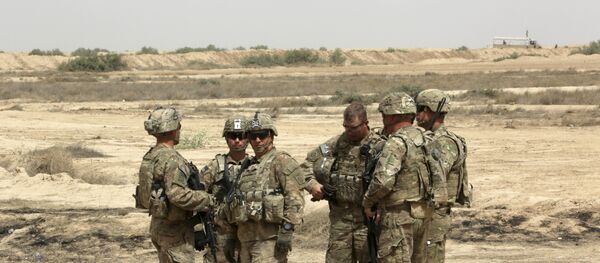Barack Obama is likely to maintain what Fleitz described as "one of his most basic positions" – that he is a president who ends wars, not launches them. He is therefore unlikely to greatly increase US military presence in Iraq and Syria or tackle the brutal group for that matter.
"I think [Obama's] purpose is to take this problem to the next president. I don't think he is going to do what it takes to take ISIS out during his presidency," the senior vice president for policy and programs at the Washington DC-based Center for Security Policy told Radio Sputnik.
The task of tackling Daesh will likely fall on the shoulders of the next US president, provided that he or she would be willing to act tough and join efforts with other major stakeholders interested and eager to destroy the terrorist organization.
"We are going to need a more decisive leader who is willing to make some difficult decisions and we are going to have to make these decisions with Europe. The French are already there. The British are getting there. … We are going to need NATO to help with this. We are going to need regional states to help with this or ISIS is going to continue," Fleitz asserted.
By now it has become evident that a coalition which does not involve Russia is unlikely to achieve success against Daesh. After all, Moscow's aerial campaign has been a deal breaker when it comes to turning the tide in the Syrian conflict.
Fleitz believes that neither US, nor Russian officials have figured out yet how to coordinate anti-Daesh efforts. "We need more determination by both countries to focus on the ISIS threat," he said.




